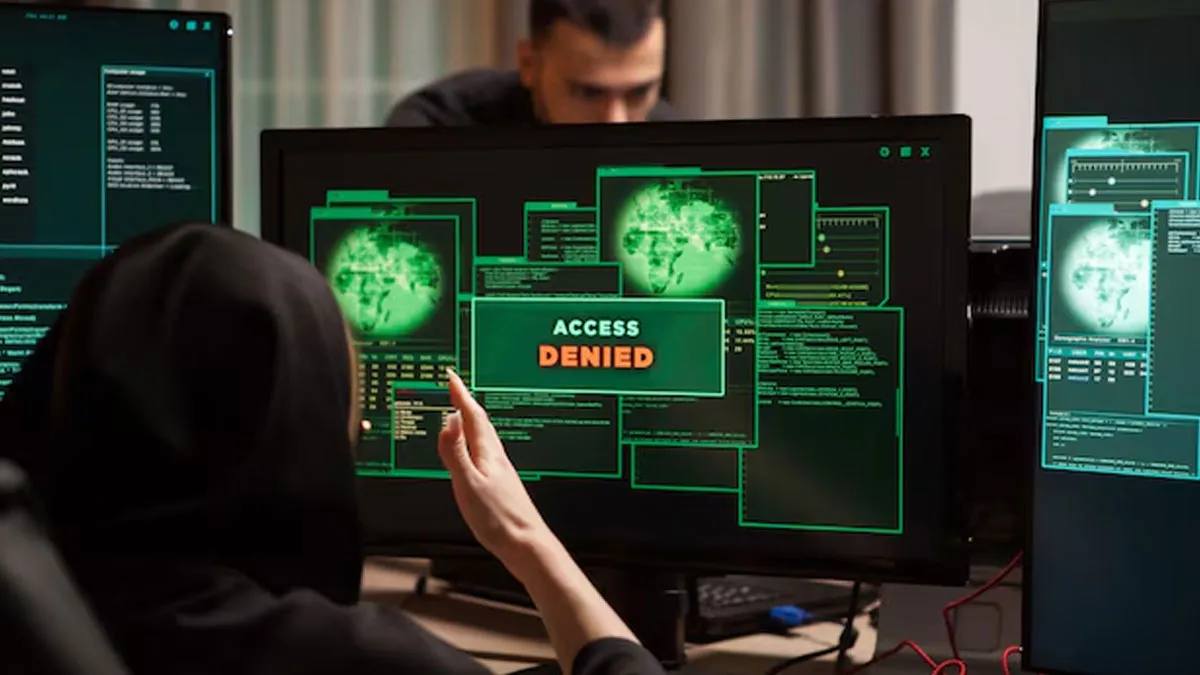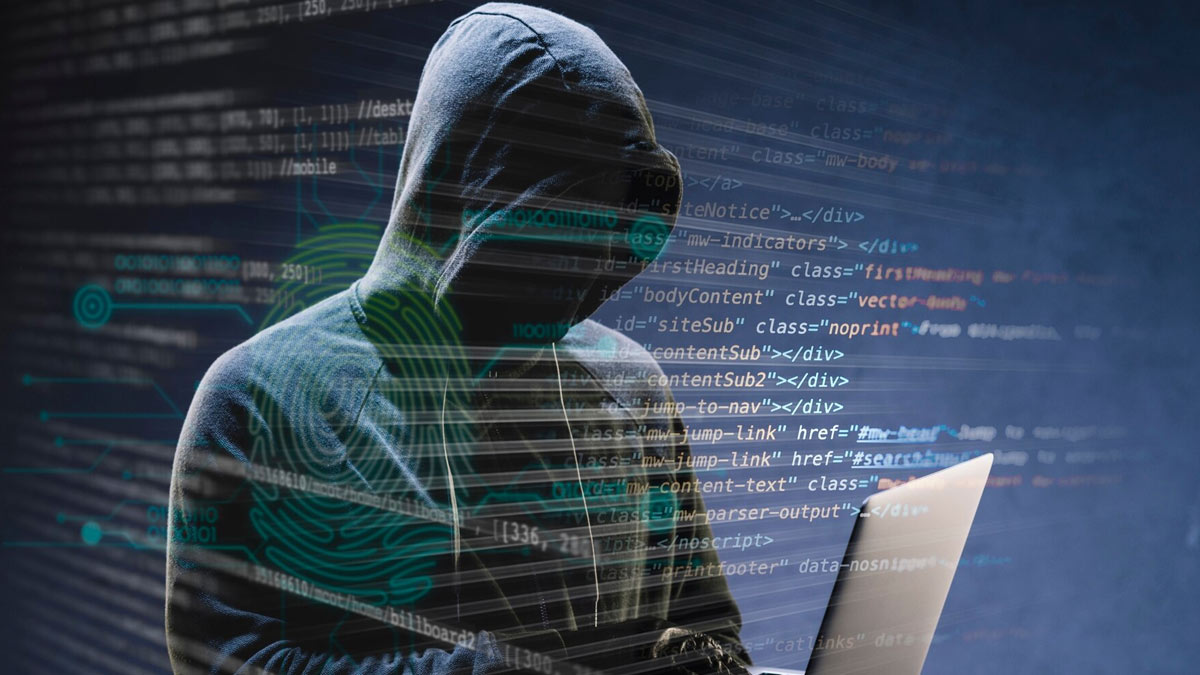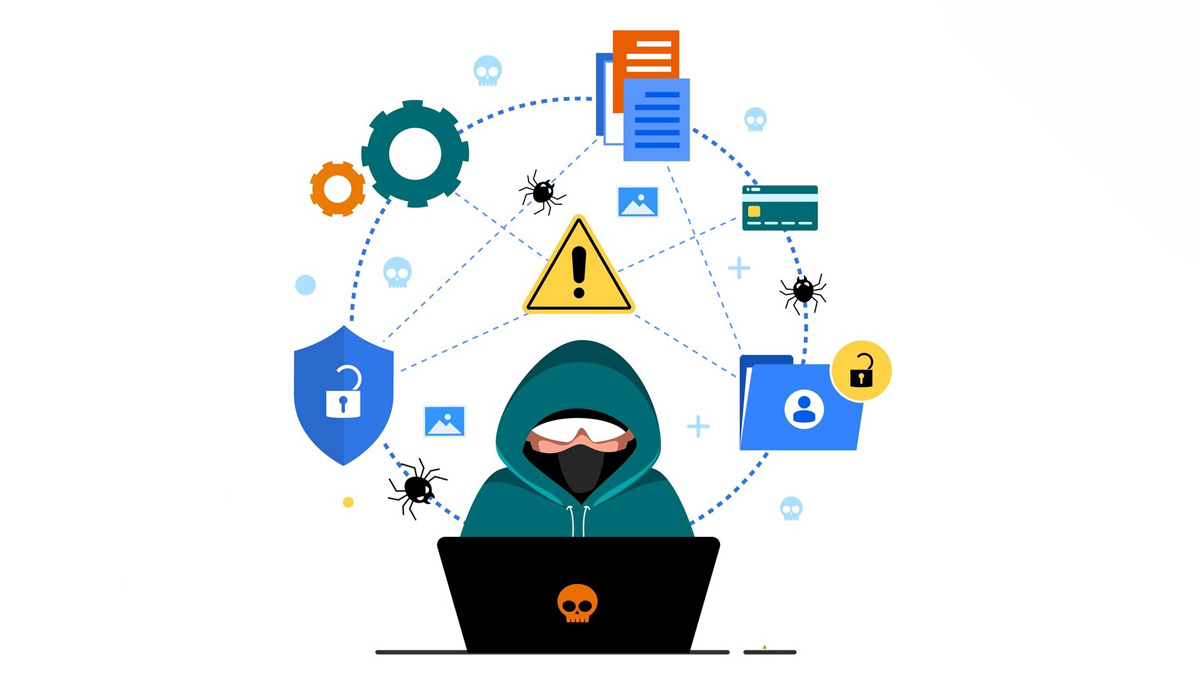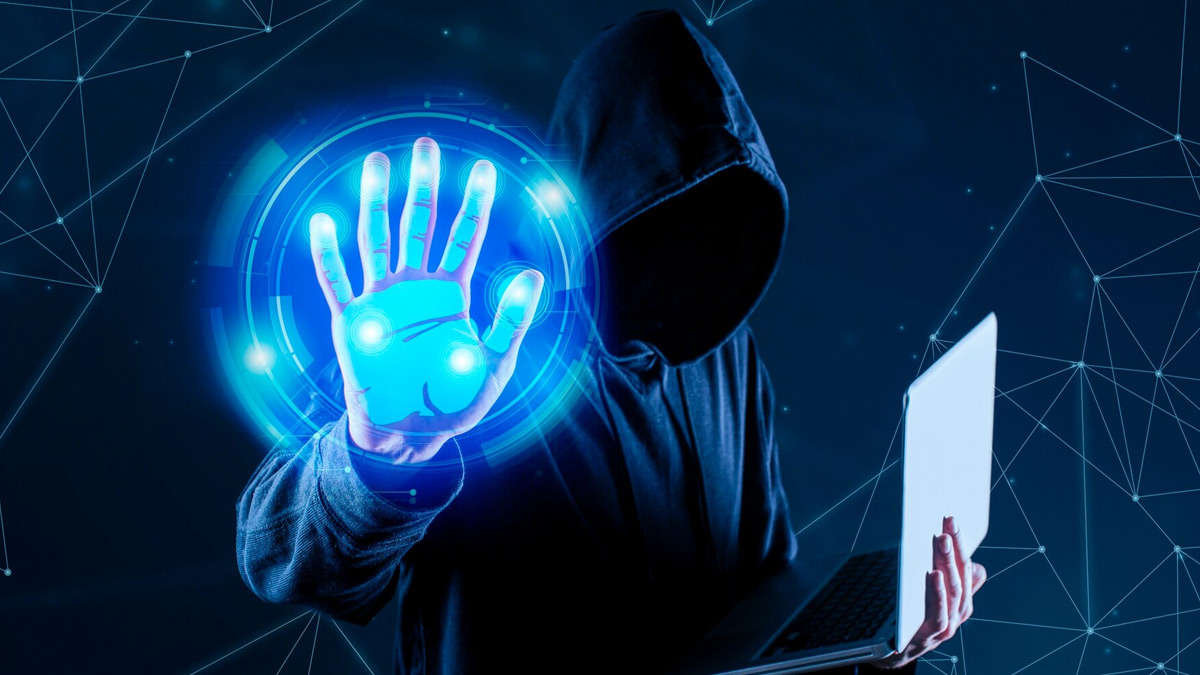
The landscape of cybersecurity is ever evolving and the online threats continue to mutate and multiply. In this article, we will share some top strategies for combating the most pressing online threats, shared by our expert, Kavitha Kanaparthi, Founder and CEO of Soulverse.
Kanaparthi said, “India’s internet usage has surged to over 936 million subscribers, making it one of the most connected countries. This reliance on the internet for business, education, and Government services have increased the need for strong cybersecurity. However, challenges persist, including data privacy issues and rising cyber threats.”

“Approximately 300 million people are vulnerable to phishing attacks, with 500,000 falling victim to fraud annually. In 2023, India reported 129 cyber crimes per 100,000 residents, with a projected 24% increase in risks for 2024. Major concerns for organisations include cloud threats (52%), connected device attacks (45%), and software supply chain breaches (35%),” she added.
“As India rapidly digitises, it faces evolving cyber threats from technological advancements and increased reliance on digital infrastructure,” shared the expert. Key threats include:

“Self-Sovereign Identity (SSI) offers a decentralised framework that empowers individuals and enterprises to manage their identities and data, reducing the risk of cybercrime by eliminating centralised storage,” said Kavitha.
Don't Miss: Ankush Bahuguna's 40-Hour Digital Arrest Ordeal: 'I Lost My Mental Health...'
She continued, “Generative AI enhances cybersecurity by identifying vulnerabilities and spotting overlooked trends, facilitating quicker risk reporting. Its natural language processing simplifies technical data for non-experts, aiding incident response and compliance. Major companies like Microsoft and Google incorporate Gen AI into their security solutions.”

“Utilising multi-layered authentication—such as biometrics and facial recognition—is essential for preventing cyberattacks. This method combines knowledge-based elements (like passwords) with physical token verification, significantly improving security for sensitive accounts,” shared the expert.
“Blockchain serves as a decentralised digital ledger that enhances security and transparency through simultaneous updates across multiple systems. It gives users control over their digital identities, protects against data theft, and secures IoT communications with encryption and public key infrastructure,” mentioned Kavitha.
Don't Miss: Unwanted Messages At Night To A Woman On Her Appearance Can Be Considered Obscene, Rules Court
“Recognising the critical need for a secure digital space, the Government of India has established strong policies like CERT-In to safeguard its online community. As remote work and technology advance, effective cybersecurity fosters trust, enabling safer online environments by understanding and utilising new technologies to mitigate risks,” she concluded.
If you liked this story, then please share it. To read more such stories, stay connected to HerZindagi.
Also watch this video
Herzindagi video
Our aim is to provide accurate, safe and expert verified information through our articles and social media handles. The remedies, advice and tips mentioned here are for general information only. Please consult your expert before trying any kind of health, beauty, life hacks or astrology related tips. For any feedback or complaint, contact us at compliant_gro@jagrannewmedia.com.